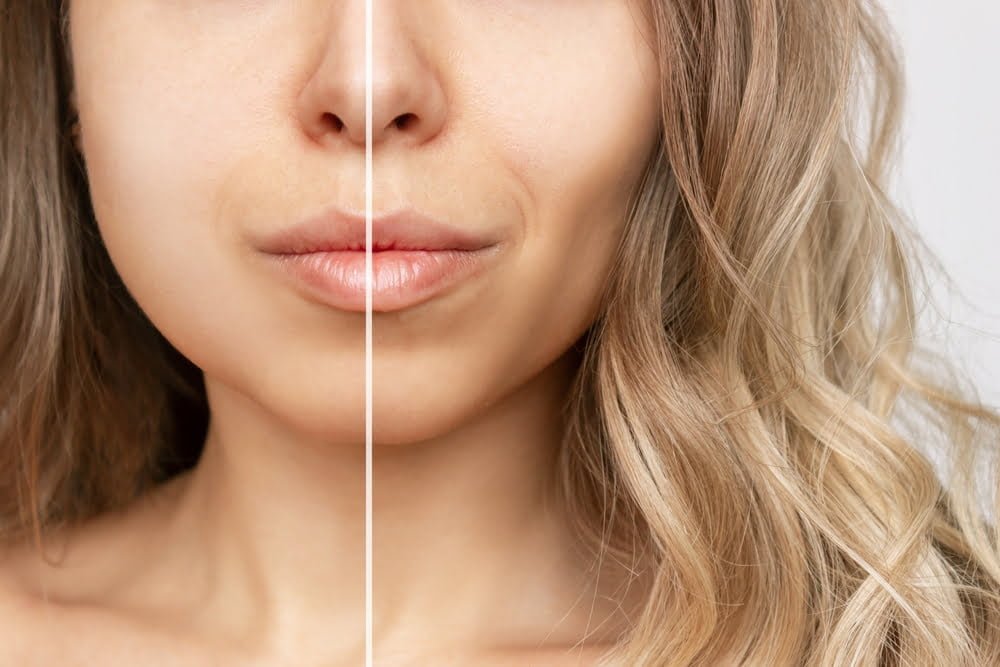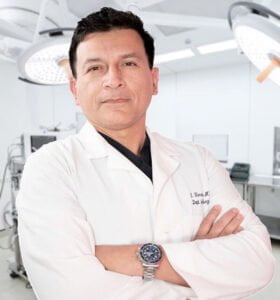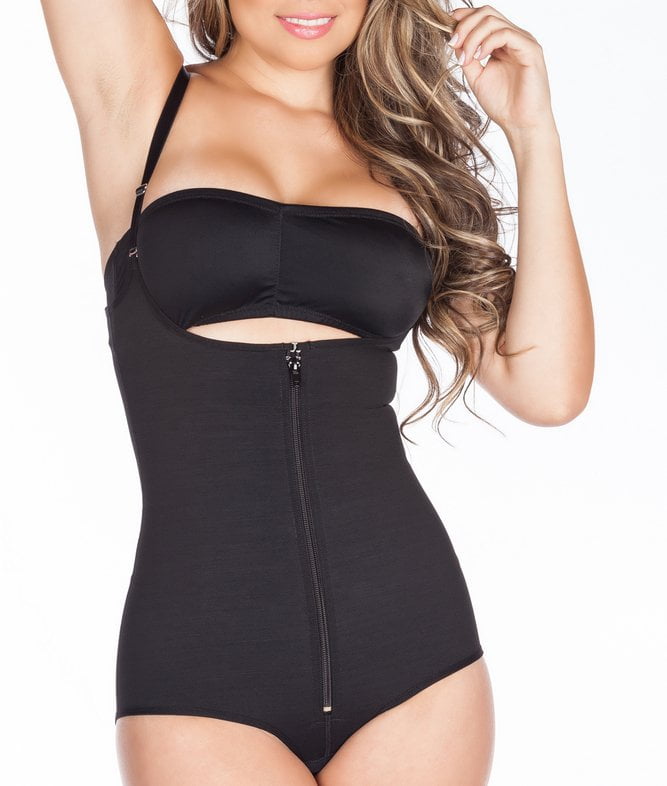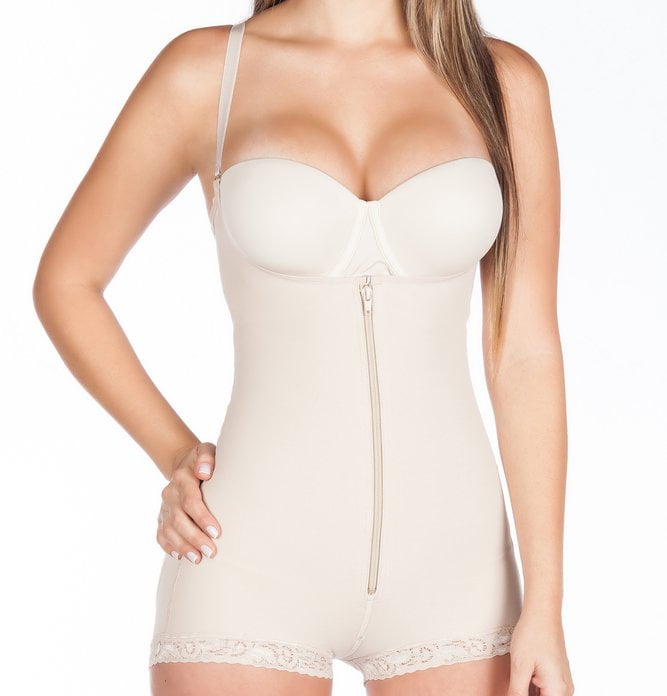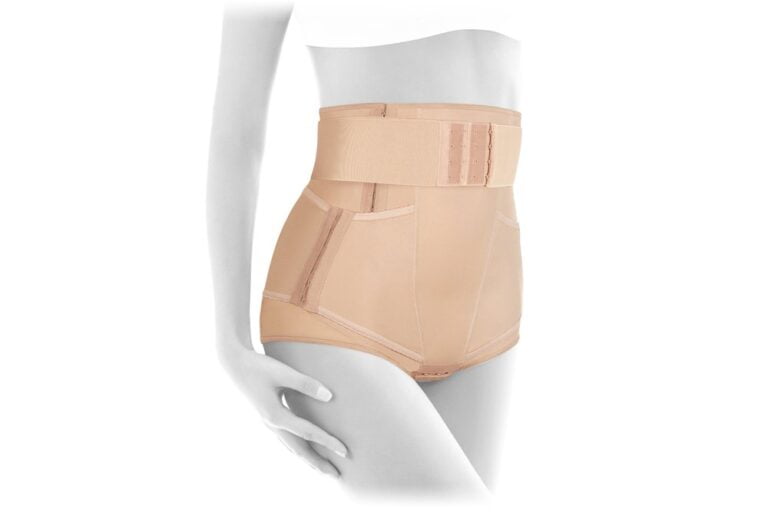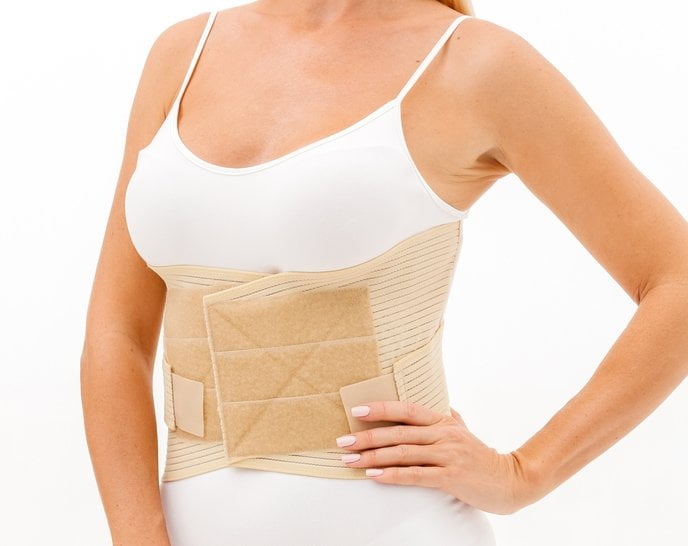Buccal fat removal recovery is a crucial phase following the surgical procedure, requiring adherence to post-operative instructions, adequate rest, nutrition, and hydration. It involves using cold compresses for swelling, avoiding harmful substances like alcohol and smoking, refraining from aspirin and certain supplements, attending follow-up visits, maintaining oral hygiene, being patient for results, and staying positive
After undergoing buccal fat removal, the recovery phase is crucial for optimal results. Learn more about buccal fat removal recovery and what to expect during this period. Consider exploring cost-effective alternatives to traditional surgery for buccal fat removal that can provide similar results.
Current Buccal Fat Removal Discounts in Miami Clinics
| Clinic Name | Service | Offer | Link to Offer |
|---|---|---|---|
| Boutinic Aesthetics | Buccal Fat Removal Miami | $500 OFF | Get Offer |
| Moon Plastic Surgery Center | Buccal Fat Removal Miami | $600 OFF | Get Offer |
| Miami Lakes Cosmetics | Buccal Fat Removal Miami | $600 OFF | Get Offer |
What to Expect Immediately After Buccal Fat Removal
After undergoing buccal fat removal, it’s natural to wonder what to expect in the immediate aftermath of the procedure. In this section, we’ll explore what you can anticipate in terms of physical sensations, appearance, and necessary post-operative care.
Sensations and Discomfort
Right after buccal fat removal, you may experience various sensations and discomfort. It’s essential to understand that each person’s experience may differ, but here are some common things to expect:
- Numbness: It’s common to feel numbness in the treated area immediately after the surgery. This numbness may persist for a few hours or even days.
- Swelling: Swelling is a typical response to surgery and can be expected after buccal fat removal. The amount of swelling varies from person to person, but it generally peaks within the first few days and gradually subsides over time.
- Tightness: You may feel a sense of tightness in the cheeks due to the surgery. This tightness is a normal part of the healing process and should improve as the swelling subsides.
- Pain and discomfort: It’s normal to experience some pain and discomfort after the surgery. Your surgeon will prescribe pain medication to help manage any discomfort you may feel.

Facial Appearance
Immediately after buccal fat removal, your facial appearance will be different due to the effects of surgery and swelling. It’s important to keep in mind that the immediate post-operative appearance is not indicative of the final results. Here’s what you can expect:
- Swollen cheeks: Swelling in the cheeks is common immediately after the procedure. The extent of swelling can vary, but it should gradually diminish over the coming weeks.
- Bruising: Some individuals may experience bruising around the treated area. Bruising typically subsides within two weeks, but it can vary depending on the individual.
- Bandages and dressings: Your surgeon may apply bandages or dressings to the incision sites. These will be removed during a follow-up appointment, as per your surgeon’s instructions.
Post-Operative Care
Proper post-operative care is crucial for a smooth recovery and optimal results. Your surgeon will provide detailed instructions, but here are some general guidelines to keep in mind:
- Medication: Take any prescribed medications as directed, including pain relievers and antibiotics, to manage pain and reduce the risk of infection.
- Oral hygiene: Practice good oral hygiene by rinsing your mouth with a saltwater solution after meals to prevent infections and promote healing.
- Cold compresses: Applying cold compresses to the treated area can help reduce swelling. Use them as directed by your surgeon.
- Dietary considerations: Follow a soft diet for the first few days after surgery to avoid unnecessary strain on the healing area. Gradually reintroduce regular foods as advised by your surgeon.
The First 24 Hours: Key Guidelines to Follow
The first 24 hours after buccal fat removal are crucial for your recovery process. Following proper guidelines during this initial period can help ensure optimal healing and minimize potential complications. Here are some key guidelines to follow:
- Rest and Recovery
- Take it easy: It’s important to rest and avoid any strenuous activities during the first 24 hours. Allow your body to recover and focus on healing.
- Keep your head elevated: Use pillows to keep your head elevated while sleeping or resting. This helps reduce swelling and promotes better blood circulation.
- Pain Management
- Take prescribed pain medication: Your surgeon may have prescribed pain medication to manage any discomfort. Take the medication as directed to alleviate pain and ensure a more comfortable recovery.
- Apply cold compresses: If instructed by your surgeon, apply cold compresses to the treated area intermittently. This can help reduce swelling and provide relief.
- Oral Care
- Avoid rinsing your mouth: Refrain from rinsing your mouth or spitting forcefully for the first 24 hours. This can disrupt the blood clot formation and potentially lead to complications.
- Follow oral hygiene instructions: Your surgeon may provide specific instructions for maintaining oral hygiene. Follow these instructions, which may include gentle brushing of teeth and rinsing with a prescribed mouthwash.
- Nutrition and Hydration
- Stick to a soft diet: For the first 24 hours, consume only soft, cool, and easy-to-chew foods. Avoid hot or spicy foods that may irritate the surgical area.
- Stay hydrated: Drink plenty of water to stay hydrated, as proper hydration supports the healing process. Avoid using straws, as the suction can interfere with the healing of the incisions.
- Avoid Certain Activities
- Do not smoke: Smoking can hinder the healing process and increase the risk of complications. It’s crucial to avoid smoking for at least a week or as advised by your surgeon.
- Avoid alcohol and blood-thinning medications: Refrain from consuming alcohol and medications that thin the blood, as they can increase bleeding and interfere with the healing process. Follow your surgeon’s recommendations regarding medication use.
- Follow-up Appointment
- Attend your scheduled follow-up appointment: It’s essential to attend your follow-up appointment as scheduled. This allows your surgeon to assess your progress, address any concerns, and provide further guidance for your recovery.

Remember, these guidelines are general and may vary based on your surgeon’s specific instructions. Always follow the advice given by your surgeon, as they are best equipped to guide you through your unique recovery process.
Essential Tips for Buccal Fat Removal Recovery
Recovering from a buccal fat removal procedure requires a commitment to rest, self-care, and careful adherence to your surgeon’s instructions. Here are some essential tips to aid your recovery process:
| Tips for Buccal Fat Removal Recovery |
| 1. Follow Post-Operative Instructions |
| 2. Rest and Relax |
| 3. Stay Hydrated and Maintain a Healthy Diet |
| 4. Use Cold Compresses |
| 5. Avoid Smoking and Alcohol |
| 6. Avoid Aspirin and Certain Supplements |
| 7. Attend Regular Follow-up Visits |
| 8. Maintain Oral Hygiene |
| 9. Be Patient with Results |
| 10. Stay Positive and Take Care of Your Mental Health |
Buccal Fat Removal Recovery Time: What to Expect
The recovery time after buccal fat removal varies from person to person. It’s important to understand the general timeline and factors that can influence the duration of the recovery process. Here’s what you can expect regarding buccal fat removal recovery time:
Initial Recovery Phase
The initial recovery phase typically lasts around two to four weeks. During this time, you may experience some swelling, bruising, and discomfort. Here’s a breakdown of what you can expect during different stages of the initial recovery:
- First few days: Swelling and bruising are most prominent during the first few days after surgery. You may also experience some discomfort, which can be managed with prescribed pain medication. Cold compresses and keeping your head elevated can help reduce swelling.
- First week: Swelling gradually starts to subside, and bruising may begin to fade. Follow your surgeon’s instructions regarding oral care, diet, and physical activities.
- Second to fourth week: Swelling continues to diminish, and most bruising should disappear by this time. You may start to see more noticeable results, but the final outcome may not be fully apparent yet. Your surgeon may clear you for resuming normal activities, including exercise, depending on your healing progress.
Long-Term Healing
While the initial recovery phase provides significant improvement, complete healing and the final results of buccal fat removal can take several months. Keep in mind that every individual heals at their own pace, and the following factors can influence the duration of the long-term healing process:
- Individual healing ability: Each person’s body responds differently to surgery and heals at its own pace. Factors such as age, overall health, and lifestyle habits can influence the speed of healing.
- Post-operative care: Following your surgeon’s post-operative care instructions diligently can positively impact the healing process. Proper wound care, maintaining good oral hygiene, and avoiding activities that may hinder healing are essential.
- Genetic factors: Genetic factors can play a role in healing and determine the rate at which swelling subsides and incisions fade.
It’s important to have realistic expectations and patience throughout the recovery process. Remember that the final results of buccal fat removal can take several months to become fully apparent. Consult with your surgeon if you have specific concerns about your recovery or if you notice any unusual symptoms.
References:
- Healthline. (s.f.). Buccal Fat Removal: Procedure, Candidates, Cost, Complications. Retrieved Jan 1, 2023
- RealSelf. (s.f.). Buccal Fat Removal Cheek Surgery: Is It Worth It? Retrieved Jan 1, 2023
